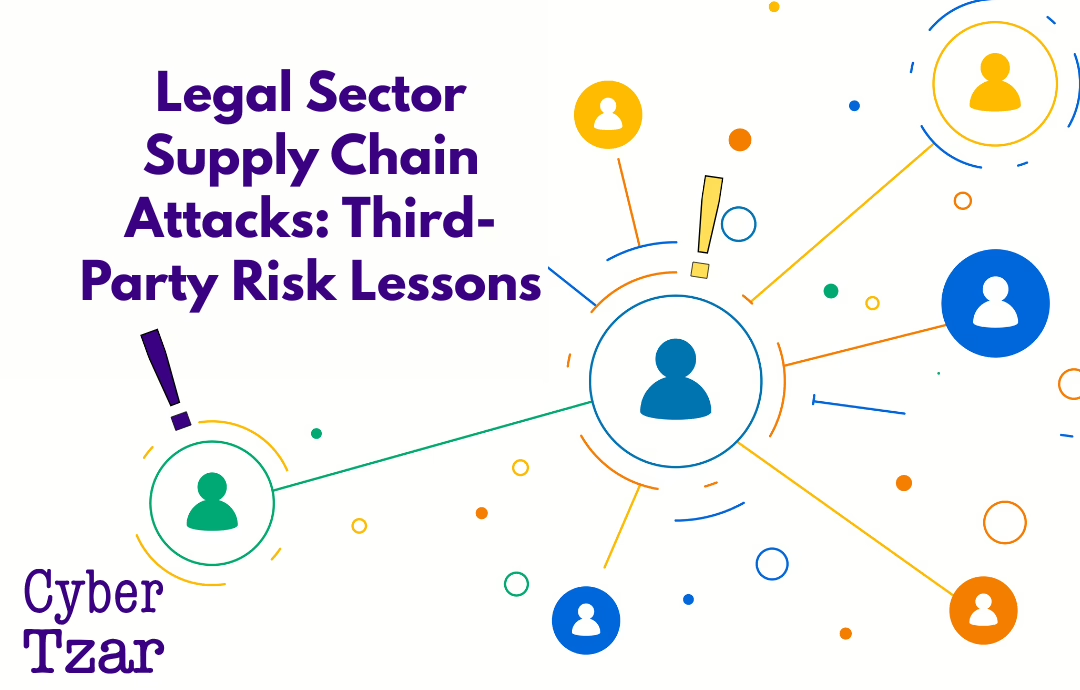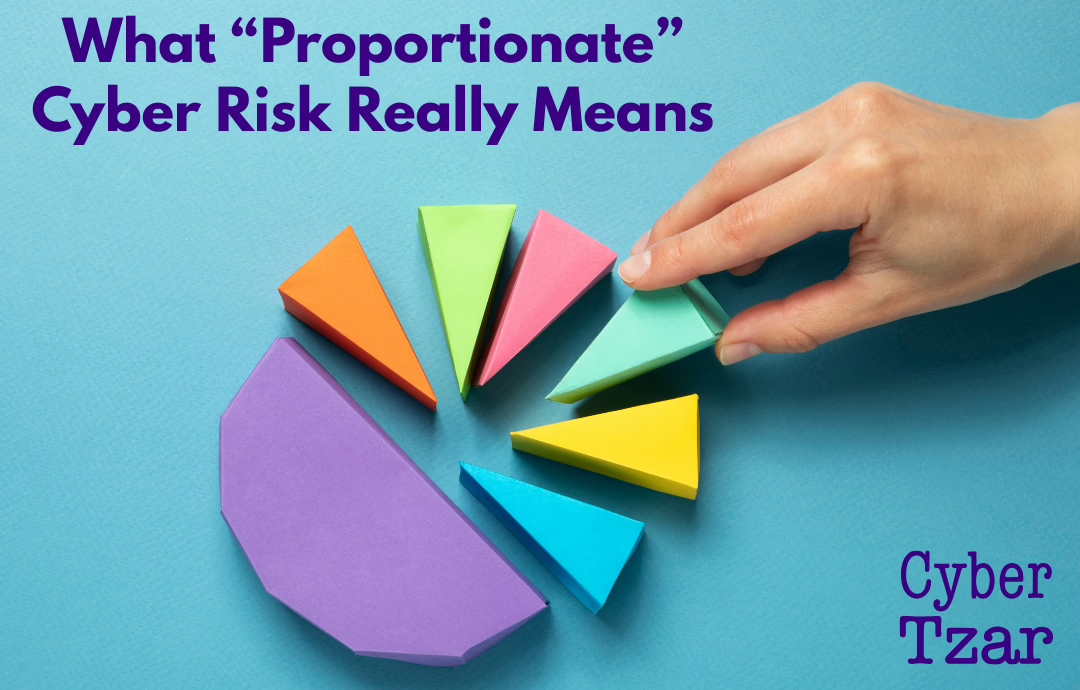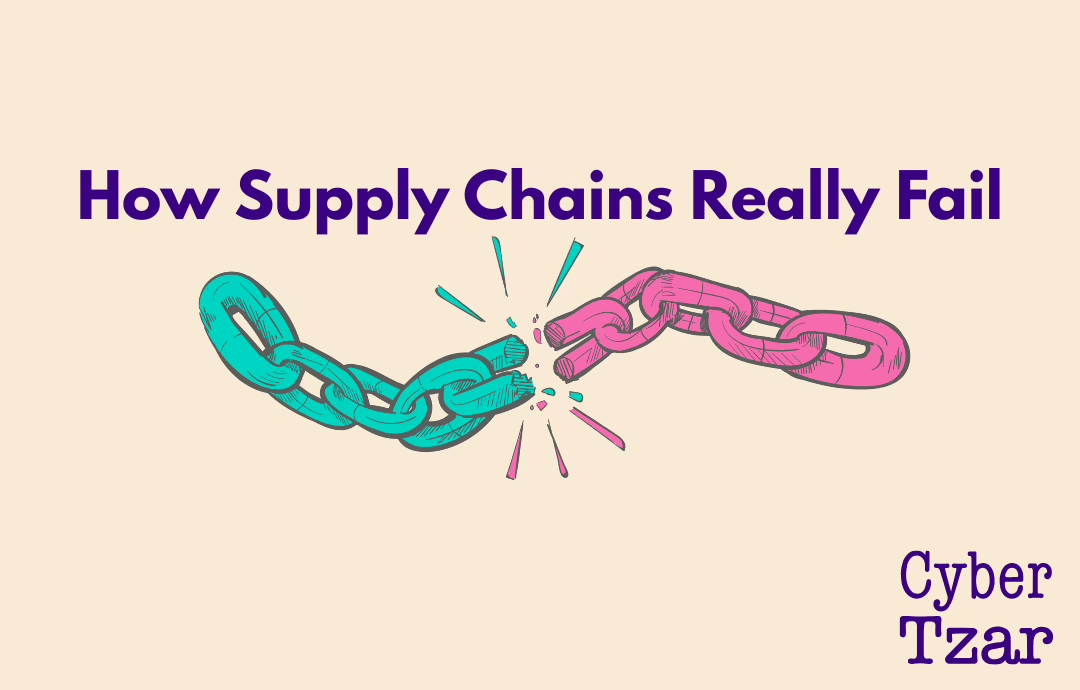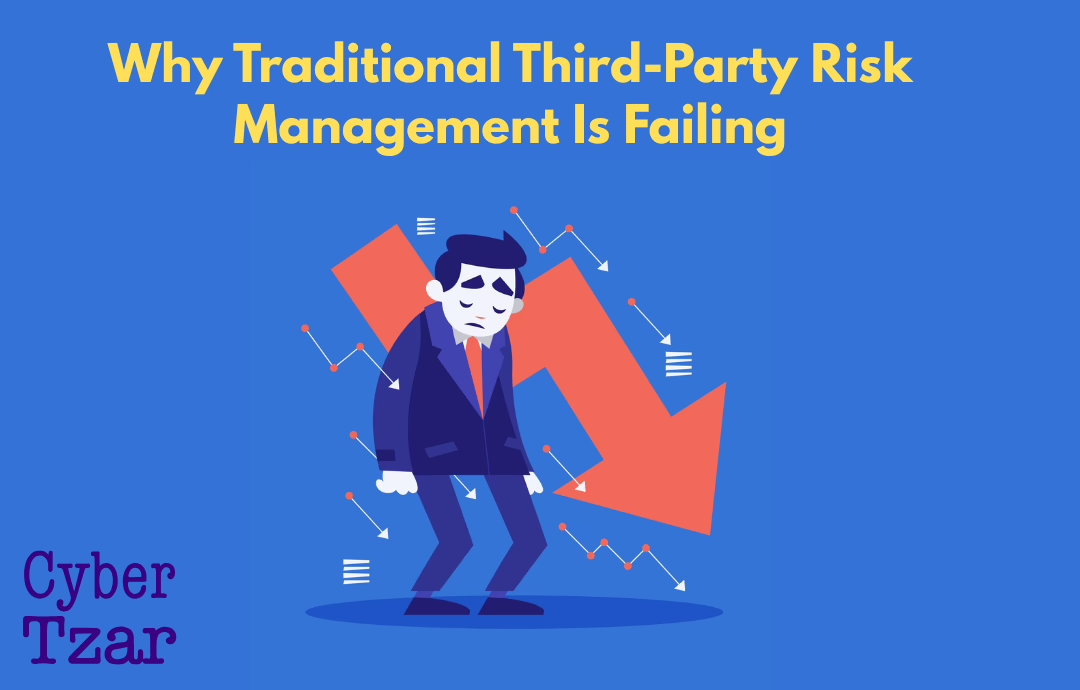Law firms are no longer judged solely by the strength of their internal security — they’re judged by the company they keep.
In 2025, cybercriminals are increasingly targeting the extended ecosystems of legal practices: document storage vendors, outsourced IT providers, transcription services, and even digital courier platforms.
The logic is simple: law firms are high-value targets with low tolerance for downtime — and attackers don’t need to breach the firm directly if they can compromise a trusted supplier.
Why the Legal Supply Chain Is an Attractive Target
📁 Sensitive data at every level – Confidential contracts, client identities, litigation strategy, and financials
🔗 Heavy reliance on third parties – Even small firms often outsource hosting, archiving, CRM, and more
🕳️ Limited supplier oversight – Most firms don’t track supplier risk post-onboarding
🚪 Indirect access routes – A compromised supplier login or integration token can be a backdoor into core systems
As a result, even firms with strong internal security can be blindsided by vulnerabilities they don’t directly control.
Recent Incidents That Should Concern the Sector
-
A boutique UK firm lost access to its case management system when their IT provider was hit by ransomware.
-
A well-known commercial firm had client documents leaked after a file-sharing vendor failed to patch a known vulnerability.
-
A top-tier firm discovered a breach after a supplier’s employee credentials were reused across systems.
In each case, the reputational damage landed on the law firm, not the supplier.
The GRC Perspective: Where Firms Must Take Action
-
Catalogue and classify suppliers – Know who they are, what systems they access, and the nature of their data exposure.
-
Audit supplier security posture – Use Cyber Essentials, ISO 27001, or equivalent as baseline controls.
-
Review contracts and clauses – Especially breach reporting timelines, indemnities, and right-to-audit provisions.
-
Scan third-party systems – External vulnerability scanning can highlight problems even when you’re not directly responsible.
-
Link supplier risk to operational resilience – Treat supply chain compromise as a direct threat to business continuity.
How Cyber Tzar Helps Law Firms Secure Their Supply Chains
Cyber Tzar provides visibility and actionable insight into legal sector supply chain risk:
✅ Identify and assess suppliers with access to sensitive systems or data
✅ Monitor public-facing infrastructure for known vulnerabilities
✅ Benchmark supplier hygiene against others in the legal sector
✅ Produce compliance reports suitable for insurers, regulators, and boards
Whether you’re a global practice or a growing regional firm, we help you avoid being the next headline by getting ahead of the risk.
⚖️ Want to understand which suppliers might be your weakest link?
Request a legal-sector supply chain scan at cybertzar.com



